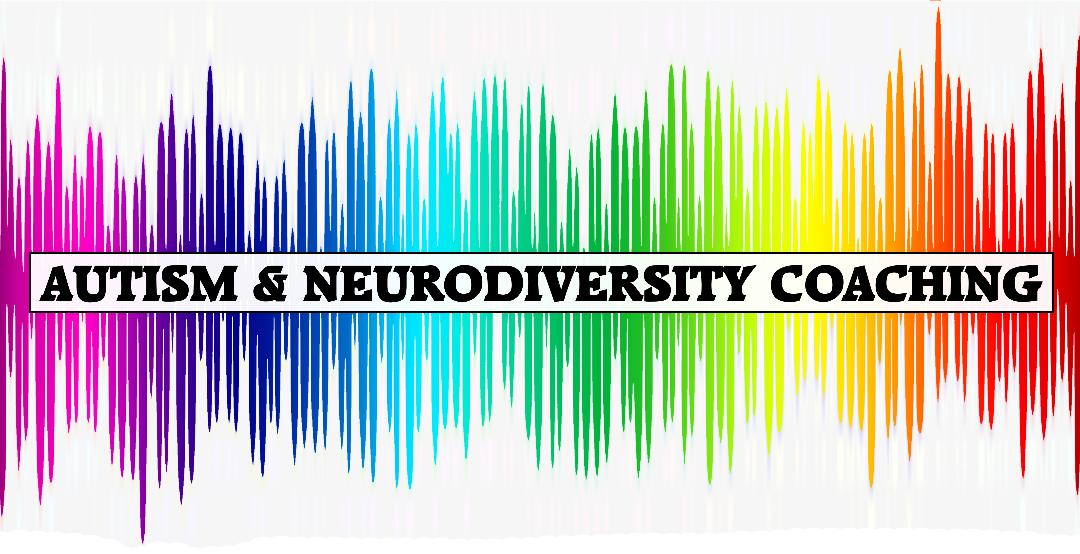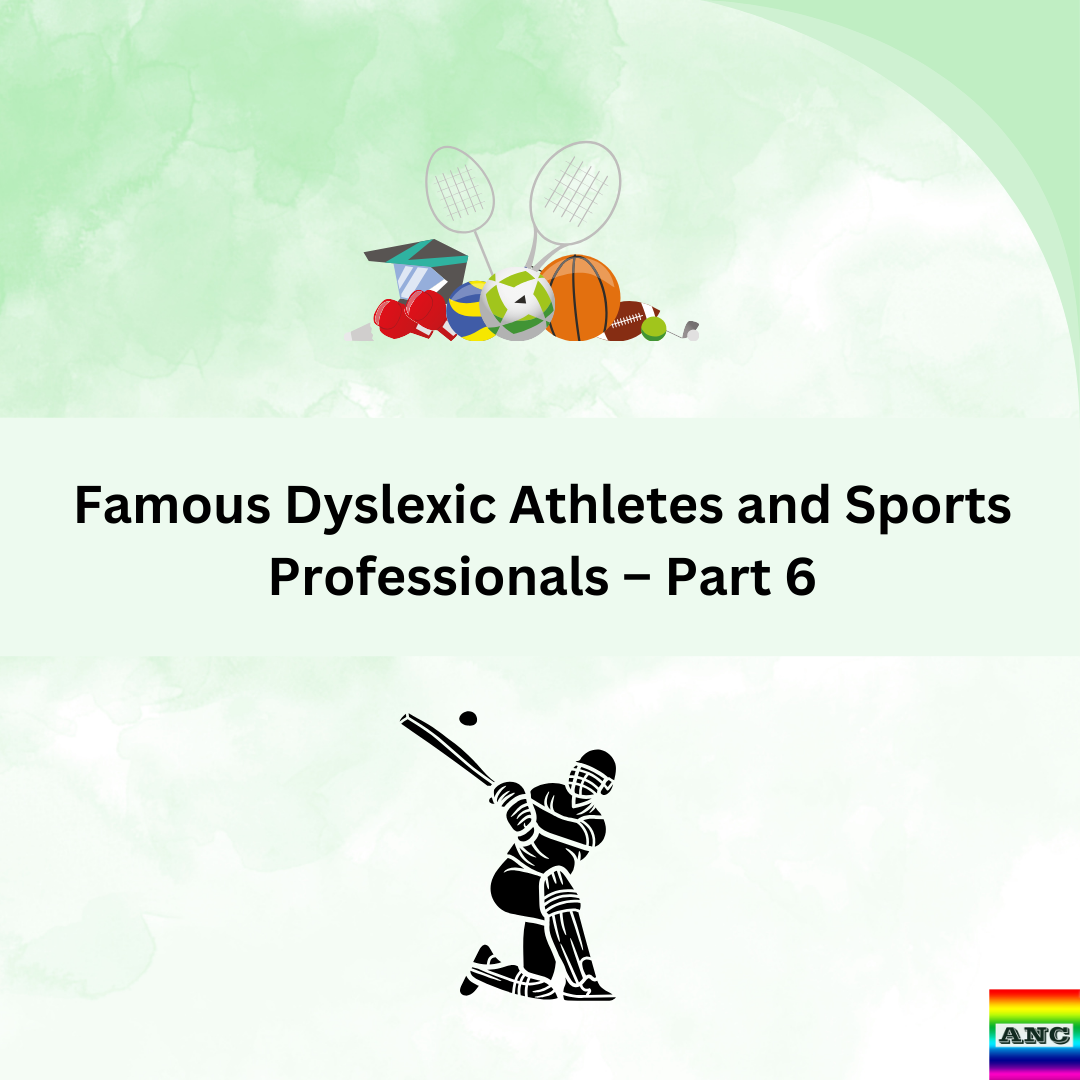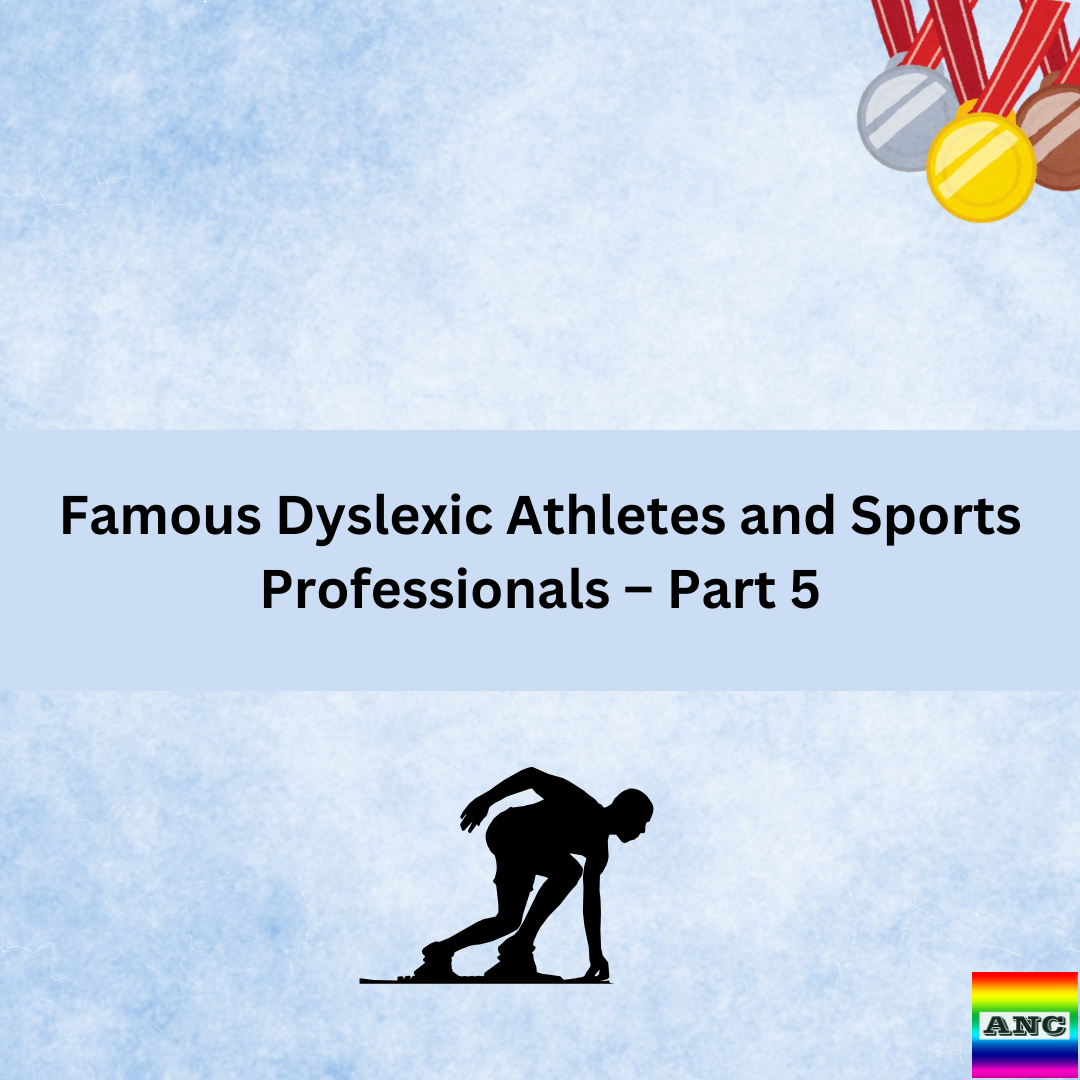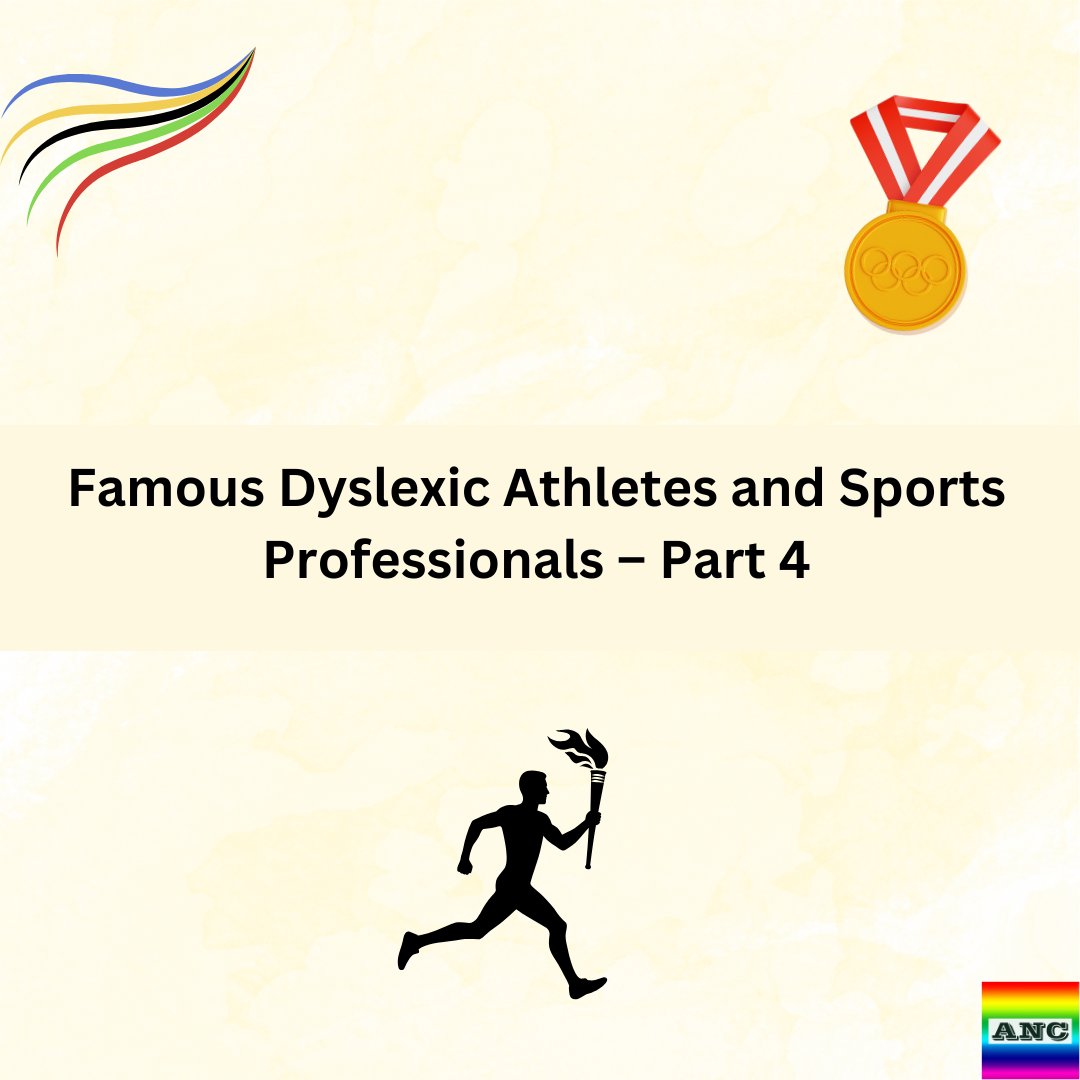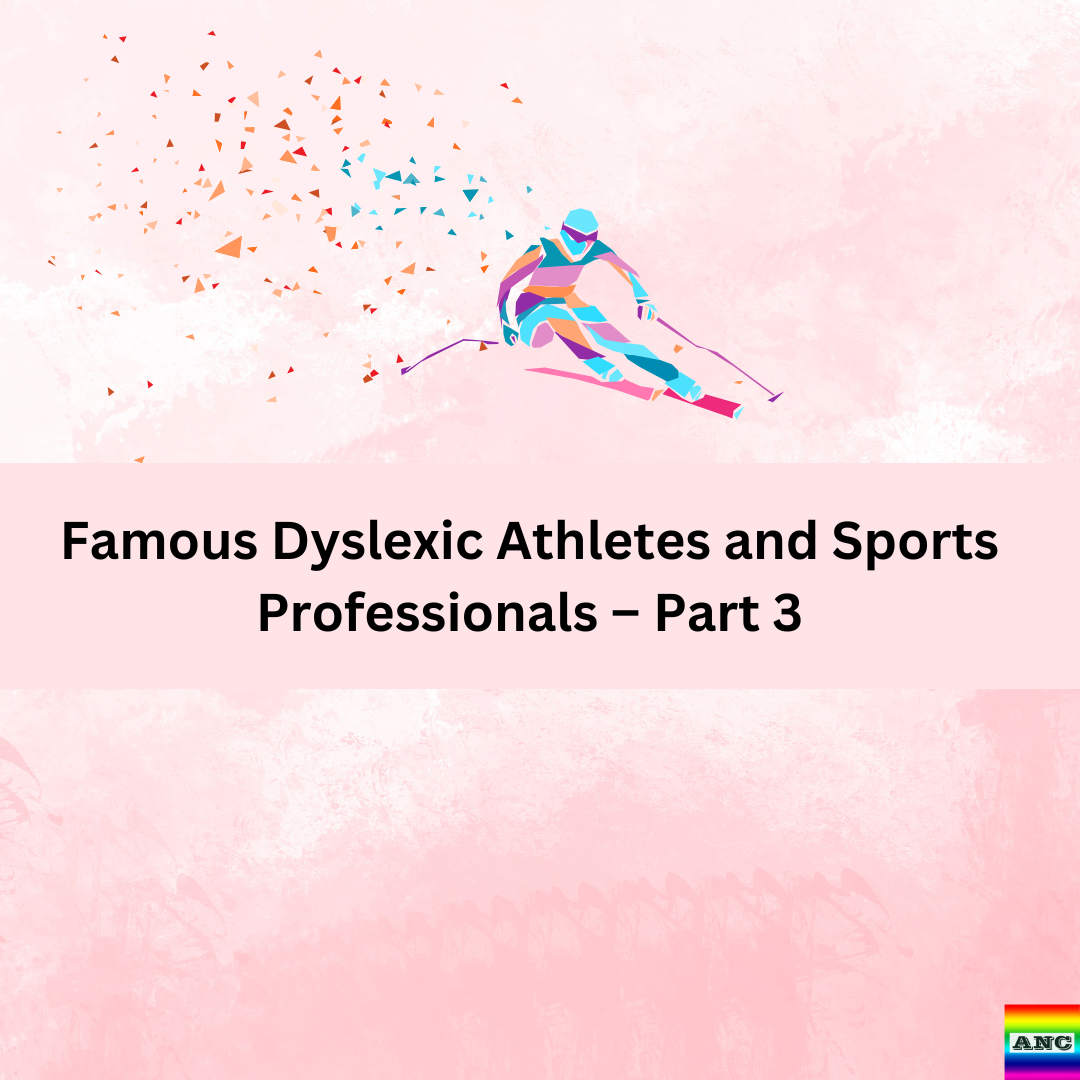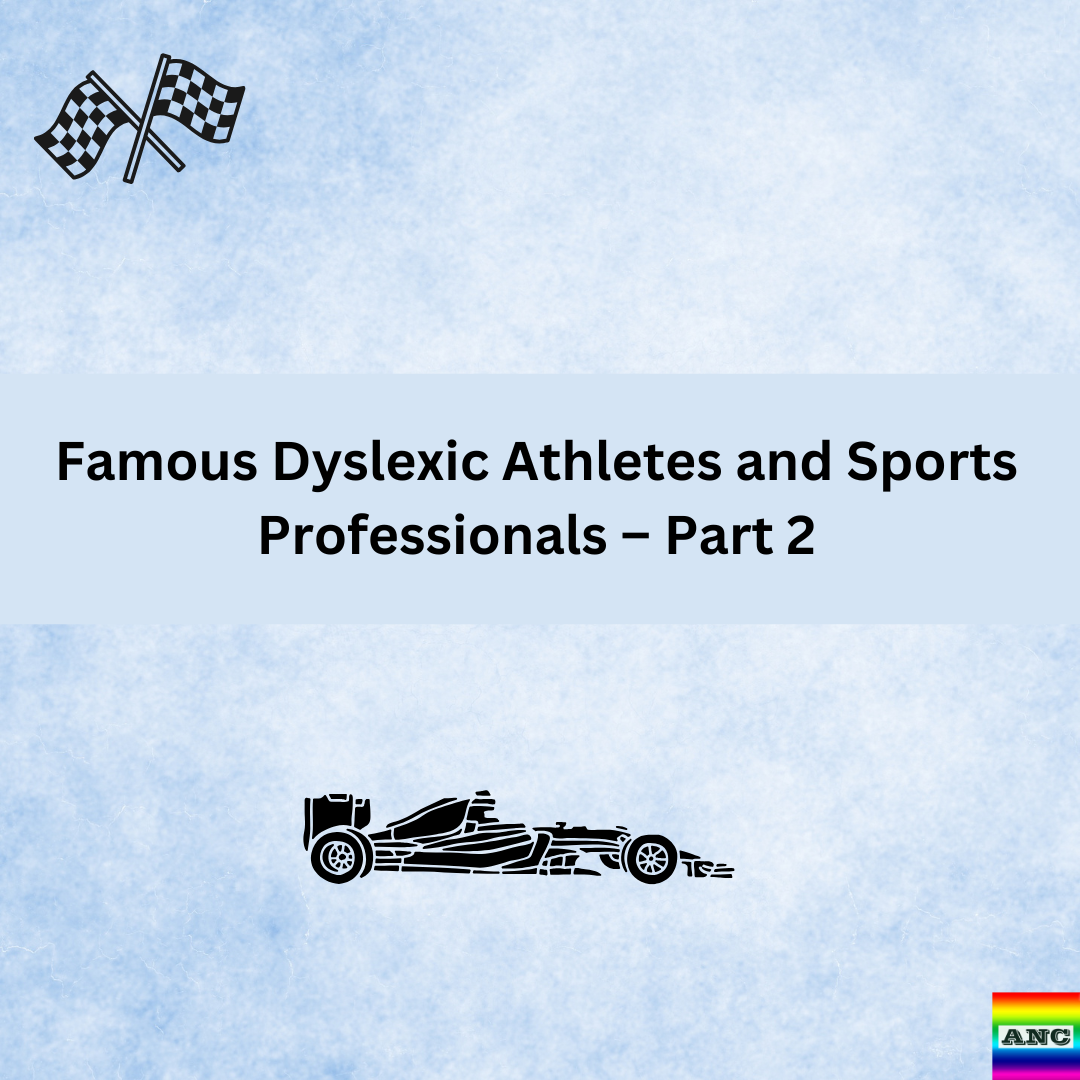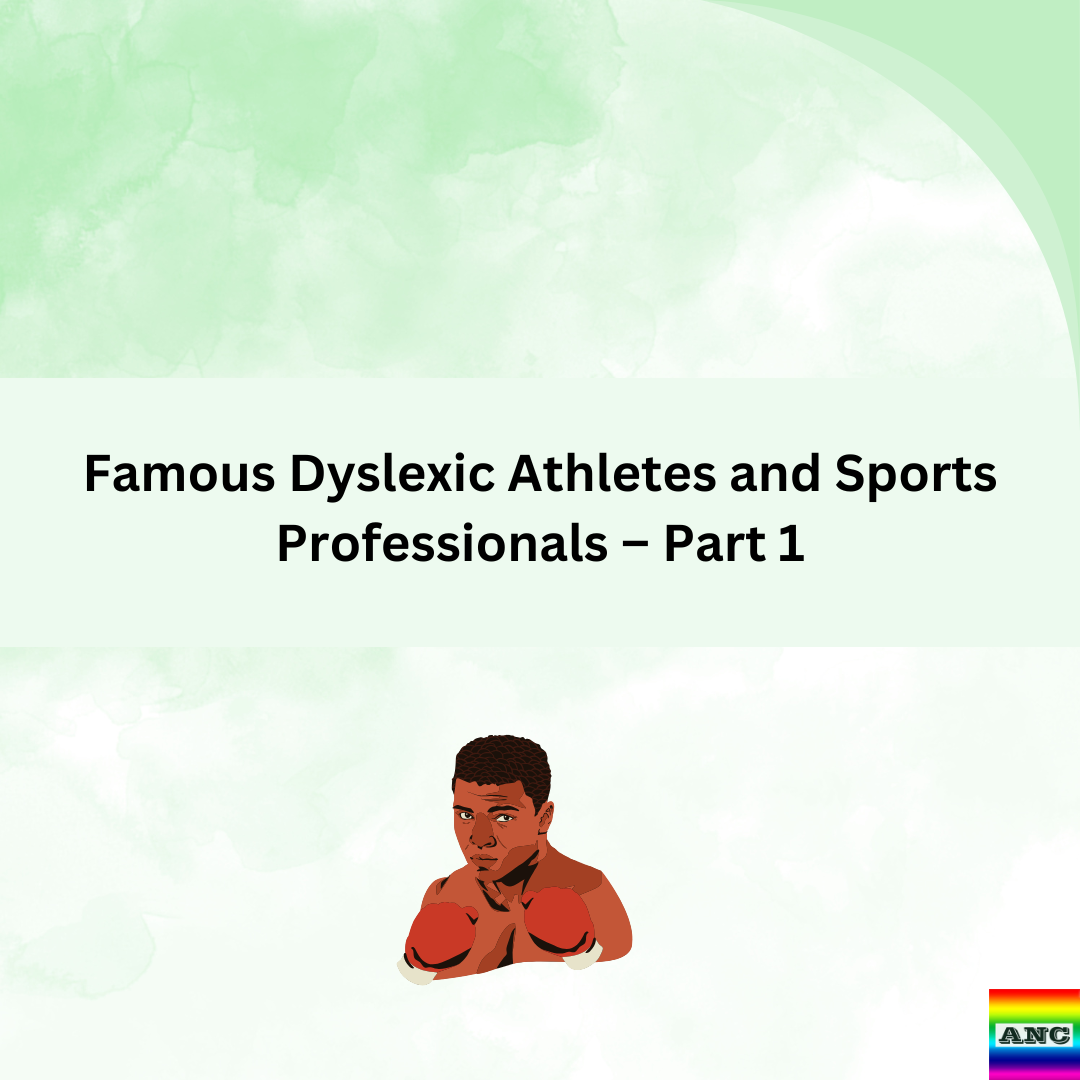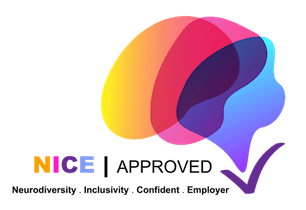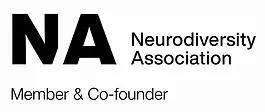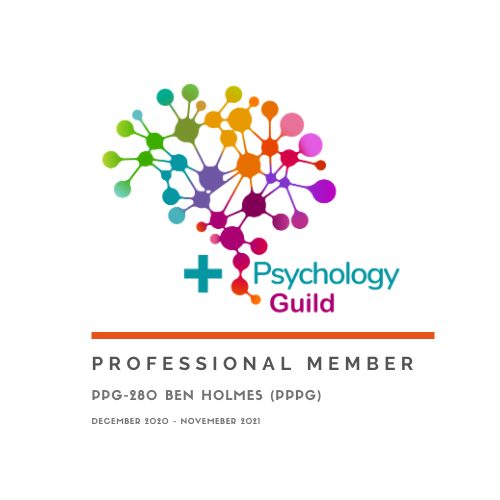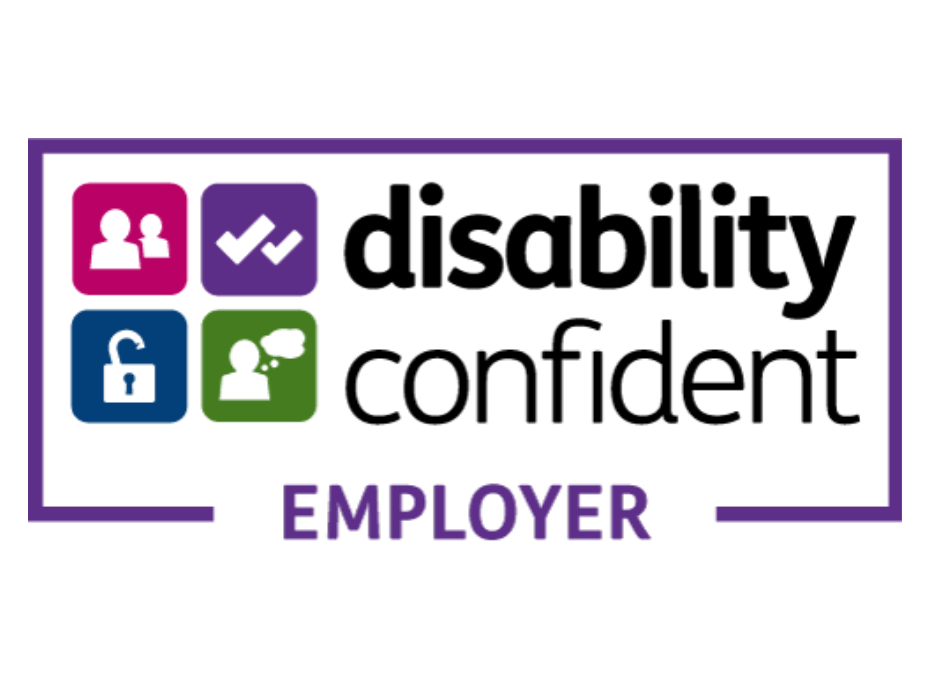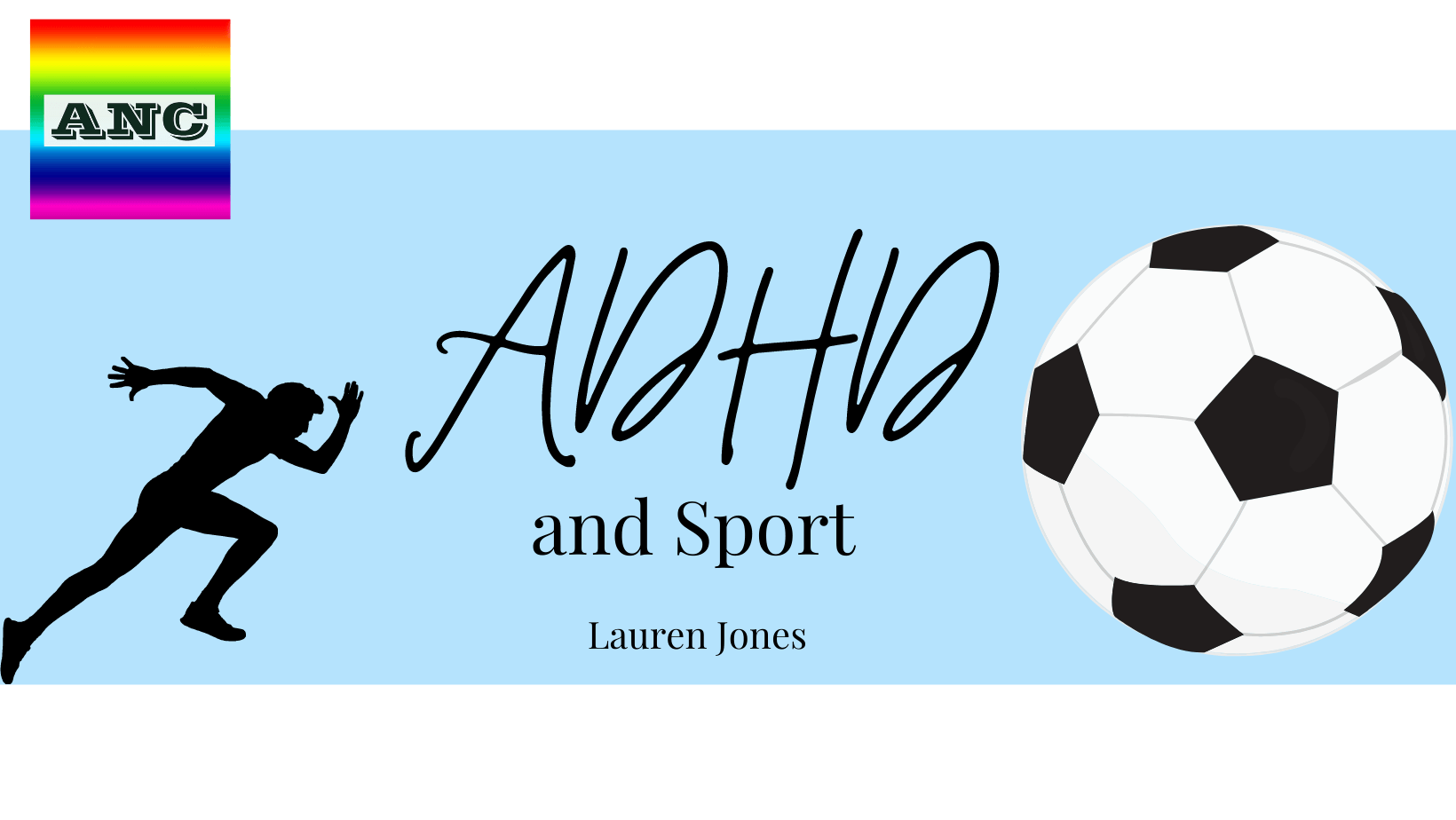
While no one knows the exact cause of ADHD, research indicates it may be
related to a dysfunction with the neurochemical dopamine. Exercise not only
encourages the production of dopamine, norepinephrine, and serotonin in the
brain, but by doing so has the same effect on the brain as the stimulant
methylphenidate (Ritalin).
Benefits
This increase of neurotransmitters in the brain can help reduce ADHD symptoms
for a short time in that particular person. Regular exercise and activity can help
with an increased ability to pay attention, to stay on task, and reduced
impulsiveness. It can also improve sleep quality, which can help reduce
symptoms during the day. The best sport for someone with ADHD is likely to be
one they enjoy and for which they have some natural talent.
Difficulties
For example, someone with ADHD may have to deal with:
Attention regulation – They might get distracted during practices or competitions
and lose track of their athletic responsibilities. For example, missing the ball if
they were looking elsewhere or not listening to instructions.
Motivation - As practices become more repetitive, physically strenuous and focus
on improving particular skill deficits, people with ADHD may become disengaged
and want to stop participating. For example, not being interested anymore in the
game as they’re not getting that dopamine fix, they strive for.
Emotion regulation –Impulsivity can extend to emotions. Thus, people with ADHD
are often prone to being easily frustrated, getting upset at other people or
themselves. For example, getting mad about missing or at fellow team members
for not doing what they think they should be.
Structure and Reward
A written log of goals can be kept with rewards given every certain number of
workouts someone does, which may help. “Always have rewards to strengthen
the motivation - Starbucks coffee after the exercise or a new book after two
weeks of sticking to the program,” said Gary M. Unruh, MSW, a practicing
clinician in Colorado Springs, Colo., who has spent 40 years working primarily
with ADHD children and adults and is author of Unleashing the Power of Parental
Love.
There’s no doubt exercise is hard work, but both the mental and physical benefits of sport (especially for someone with
ADHD) are well worth it. Hope you enjoyed today’s article. As always, if you can relate to any of this, we would love
to hear from you!
Stay Safe,
Lauren ANC

